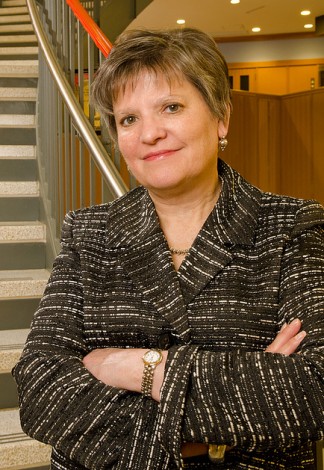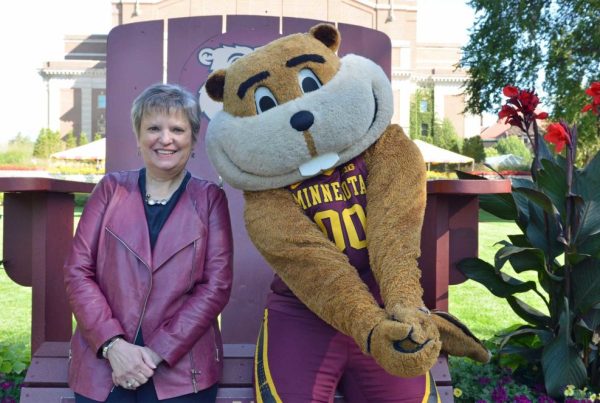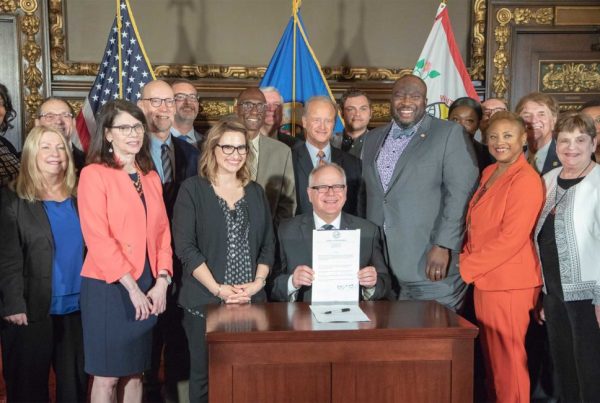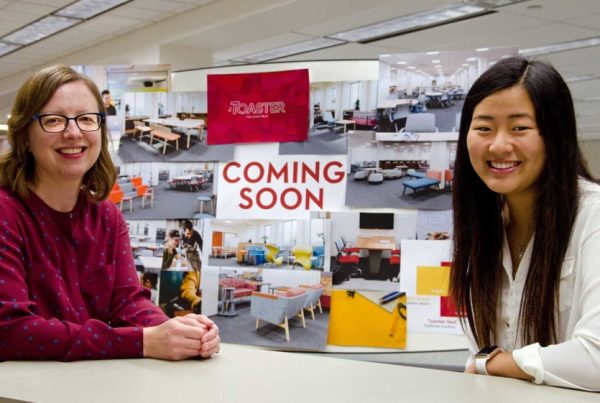“You say you want a revolution. Well, you know we all want to change the world. You tell me that it’s evolution. Well, you know we all want to change the world.”
—The Beatles, Revolution, 1968
 The theme of this issue of continuum is innovation, reflecting an emergent trend in education that enables experimentation, collaboration, exploration, and entrepreneurship. The Libraries is creating a new space for innovation. And, as is often the case, the space and its programs — called the Toaster! — are being developed in collaboration with others.
The theme of this issue of continuum is innovation, reflecting an emergent trend in education that enables experimentation, collaboration, exploration, and entrepreneurship. The Libraries is creating a new space for innovation. And, as is often the case, the space and its programs — called the Toaster! — are being developed in collaboration with others.
Why is the library the appropriate home for such a place? The answer is that the library is fundamentally about those very activities that innovation represents. The library not only collects information, but also supports and stimulates the exploration and discovery processes that fuel learning, research, and scholarship.
The first issue of the continuum magazine appeared in 2005 and asked a similar question: “What is a library?” That issue highlighted programs to harness technology to better serve undergraduates in searching for information, educational programs to equip medical residents to find clinical evidence, and a new Information Commons where students could find expert assistance and then state-of-the art technologies.
As themes of critical content, expertise, enabling technologies, and innovative spaces prevail over time, the Libraries’ portfolio of programs and services is ever-changing.
To paraphrase the Beatles, is the library engaged in revolution or evolution? The nearly 15 years since the first issue of continuum have been marked by a drumbeat of transformation. For example:
- Content is increasingly digital, yet print collections — and in particular our special archival and rare collections — draw a global community of users.
- Our librarians have deep knowledge of disciplines, but also now reflect an array of expertise such as copyright, data curation and digital scholarship, or new media literacies.
- Our library facilities have physical collections along with engaging spaces to explore and exploit collections and a diverse array of technologies.
In short, libraries have stimulated and contributed to a revolution in the way learning and scholarship occur. But the process also reflects a responsive evolution of the Libraries’ foundational assets.
This is my last editorial for continuum, as I will retire in 2020. In my 17 years leading the University Libraries, I’ve witnessed considerable change in the university and in research libraries. We are both motivated to create and share new knowledge and make a difference: “we all want to change the world.”
I like to think that the Libraries has created programs that were revolutionary — receiving the 2017 National Medal for Museum and Library Service, the nation’s highest honor, recognized our model programs and broad impact. I would also predict that the future will continue to reflect the constant process of change, evolution in what libraries are and in what the University Libraries can contribute to the University, the state, and the world.
Revolution or Evolution? Yes!
Wendy Pradt Lougee
University Librarian and Dean of Libraries
McKnight Presidential Professor




